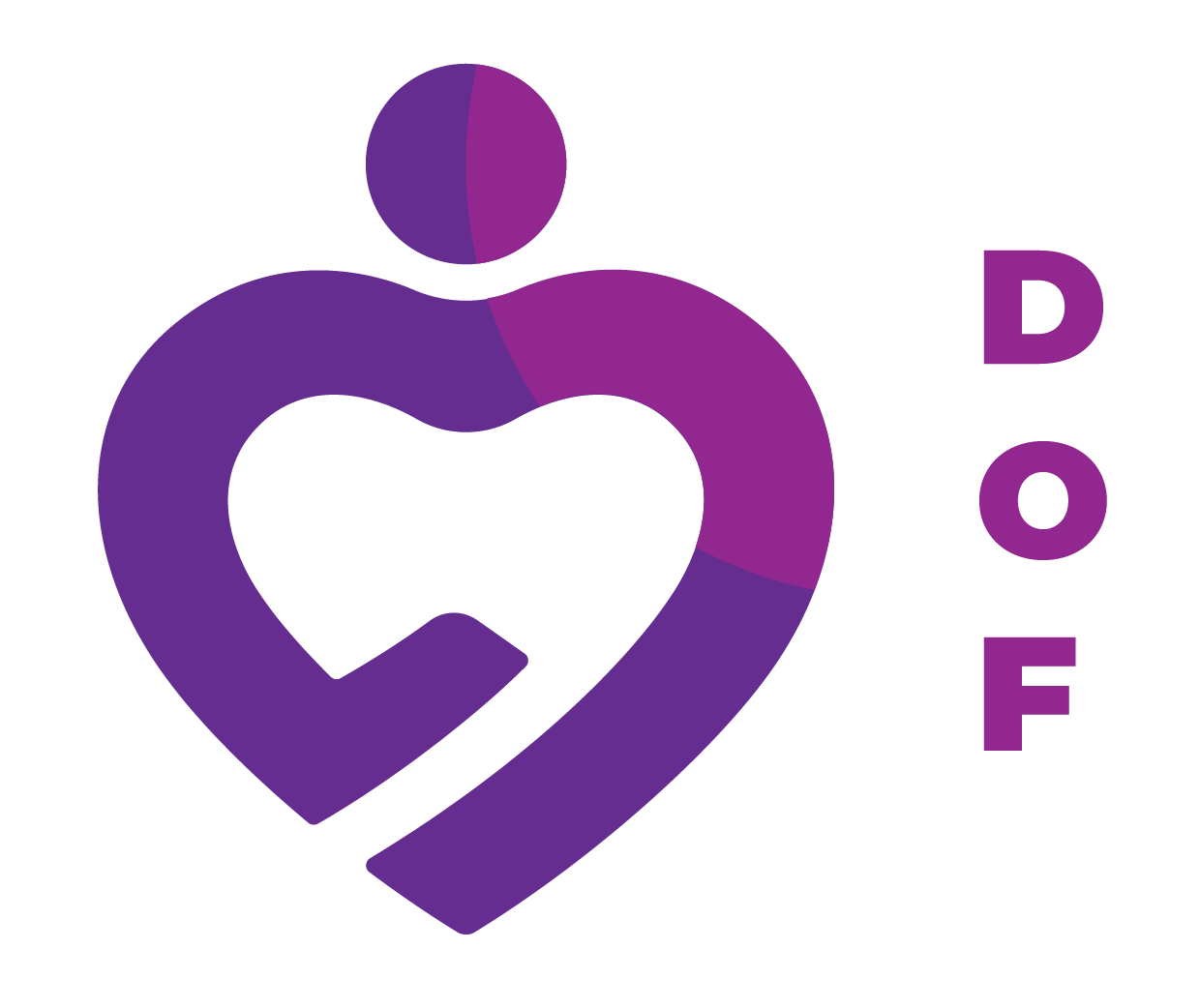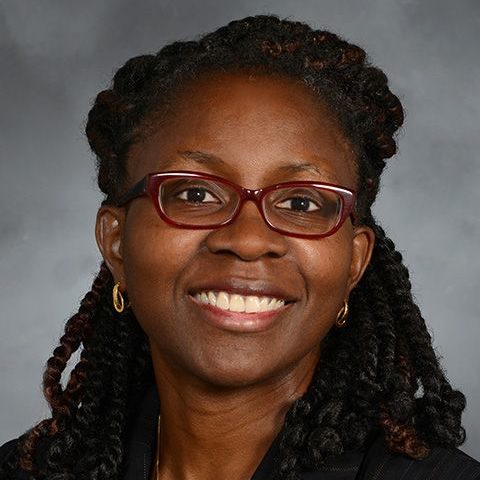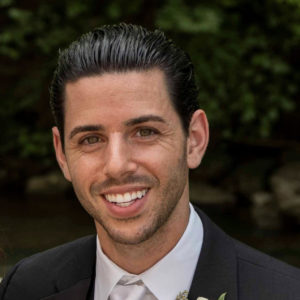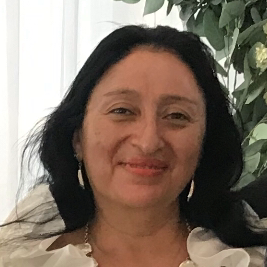What is your current title and role?
Medical doctor practicing pediatric Critical Care Medicine. Currently the Assistant Dean for Diversity and Student Life, Vice Chair for Diversity in Pediatrics and Professor of Clinical Pediatrics at Weill Cornell Medicine. I am an attending pediatrician at New York-Presbyterian/Weill Cornell Medical Center /NYP Komansky Children’s Hospital and Memorial Sloan Kettering Cancer Center.
Where did you grow up?
I grew up in Bronx, New York. My family is from Barbados, WI.
Tell us about your professional (medical, nursing, allied health, etc.) school?
I received my medical degree (M.D.) at the State University of New York Health Science Center in Brooklyn, NY and completed residency in Pediatrics at Children’s Hospital of Philadelphia. I returned to New York City to complete a Fellowship in Pediatric Critical Care at New York-Presbyterian/Weill Cornell Medical Center. Following my fellowship training, I served as Site Director for the Pediatric Intensive Care Unit at the former New York Hospital of Queens for five years (presently New York Presbyterian-Queens).
Tell us about struggles and challenges in achieving your goal and how you overcame?
First in medicine in family
Please share with us about your family and your support group?
Supportive family and friends
Please share a memorable experience from your training that has stayed with you till today.
Early in my undergraduate studies I volunteered at Harlem Hospital’s Injury Prevention Program. There I worked with and was inspired by Dr. Barbara Barlow. She was a female pediatric surgeon who not only addressed traumatic injuries sustained by children but sought to address the root (social) causes as well. She embodied the ultimate physician in my opinion.
Please share a memorable teaching moment.
My interest in pediatric critical care was sparked during my residency, when I found myself attracted to the physiologic and pathophysiologic basis of the management of critically ill patients. Since that time my passion for the care of critically ill children has only grown. Over the years, I have come to consider it a privilege to care for the most precious members of our society because each patient care encounter represents an opportunity to make a durable impact on families, irrespective of the outcome. It is very remarkable that parents/families can be grateful for care provided even in the face of tremendous loss.
Please share a highlight from your practice/current role.
A memorable highlight is when traumatic brain injury patients return months later ambulatory, verbal and back to baseline. Seeing children I have helped care for once they have fully recovered is PRICELESS!
What do you like and dislike the most about working in healthcare?
I love the opportunity to serve and meet needs. I abhor persistent disparities and the structural racism that gives rise to the structural/social impediments of health.
What are three things that you are grateful for?
1. The grace and providence of God 2. Excellent parents. 3. Support of family and friends.
What excites you outside medicine?
I love traveling and tennis.
What advice do you have for students interested in healthcare?
Persistence seldom fails. Nothing is outside of your reach if you are willing to work for it.
What do you think the student of today needs to be successful in matriculating and graduating from professional school (medicine, nursing, allied health, pharmacy)?
Work ethic, mentorship, and clear priorities
How would you advise or guide students to develop leadership skills, community outreach experience, research opportunities and clinical shadowing?
These are facets most medical schools are looking for. With this in mind, premed students should seek balanced exposure to each of these, beginning EARLY in their undergraduate careers, and ideally in a longitudinal manner. Longitudinal activities demonstrate depth of commitment as well as represent opportunities for growth and potential ascension to leadership positions.
How can we support and guide students to achieve good grades and be successful in standardized exams?
Mentorship, mentorship, mentorship (horizontal and vertical)





